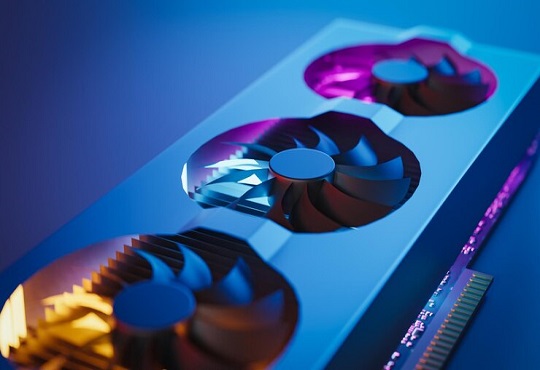Japan’s FugakuNEXT Embraces GPU-CPU Hybrid Supercomputing
CIO Tech Outlook Team | Tuesday, 26 August 2025, 09:11 IST

- FugakuNEXT targets zetta-scale performance, integrating Fujitsu’s MONAKA-X CPU and Nvidia’s GPUs.
- Software innovations like mixed-precision computing aim for a hundredfold performance boost.
- Japan seeks AI-HPC leadership, fostering global partnerships and domestic semiconductor advancements.
Japan is forging a bold path in high-performance computing with FugakuNEXT, a revolutionary supercomputer designed to surpass current exascale systems and target zetta-scale performance. Announced recently in Tokyo, the project unites Riken, Fujitsu, and Nvidia to redefine computational power for scientific simulations and AI applications, aligning with global trends in hybrid computing.
FugakuNEXT builds on Japan’s storied supercomputing legacy, following the Earth Simulator (2002), K computer (2011), and Fugaku (2020), which once held global performance records. Though Fugaku now ranks seventh worldwide, it earned acclaim during the pandemic for aiding research and policy through advanced simulations. Now, Japan is looking ahead, aiming to tackle future challenges with unprecedented computational might.
The new system promises a fivefold increase in raw hardware performance over Fugaku while maintaining its 40-megawatt energy footprint. This leap is driven by Fujitsu’s MONAKA-X CPU, engineered for scalability and efficiency, paired with Nvidia’s GPUs optimized for parallel processing and memory bandwidth. The integration of Nvidia’s NVLink Fusion ensures seamless CPU-GPU connectivity, enabling peaks of approximately 600 exaFLOPS in FP8 sparse precision positioning FugakuNEXT as a potential zetta-scale pioneer.
Also Read: Malaysia Launches First AI Device Chip to Join Global Tech Race
Riken focuses on mixed-precision computing, physics-informed neural networks, and surrogate modeling to improve on a practical performance by one hundred times on scientific tasks. These innovations will be used to substitute the conventional method, which is resource intensive, to create efficiency in the fields such as climate modeling, disaster resilience, and advanced manufacturing.
The Japanese government views FugakuNEXT as a catalyst for advancing domestic semiconductor technology and securing AI and HPC sovereignty. Riken’s international collaborations, including with the US Department of Energy, will foster a global AI-HPC ecosystem.
The project’s basic design is set for completion by early 2026, with an open-access cloud ecosystem planned to enable software and AI model testing before full deployment. FugakuNEXT underscores Japan’s ambition to lead in science and technology, driving innovation across critical global challenges.




